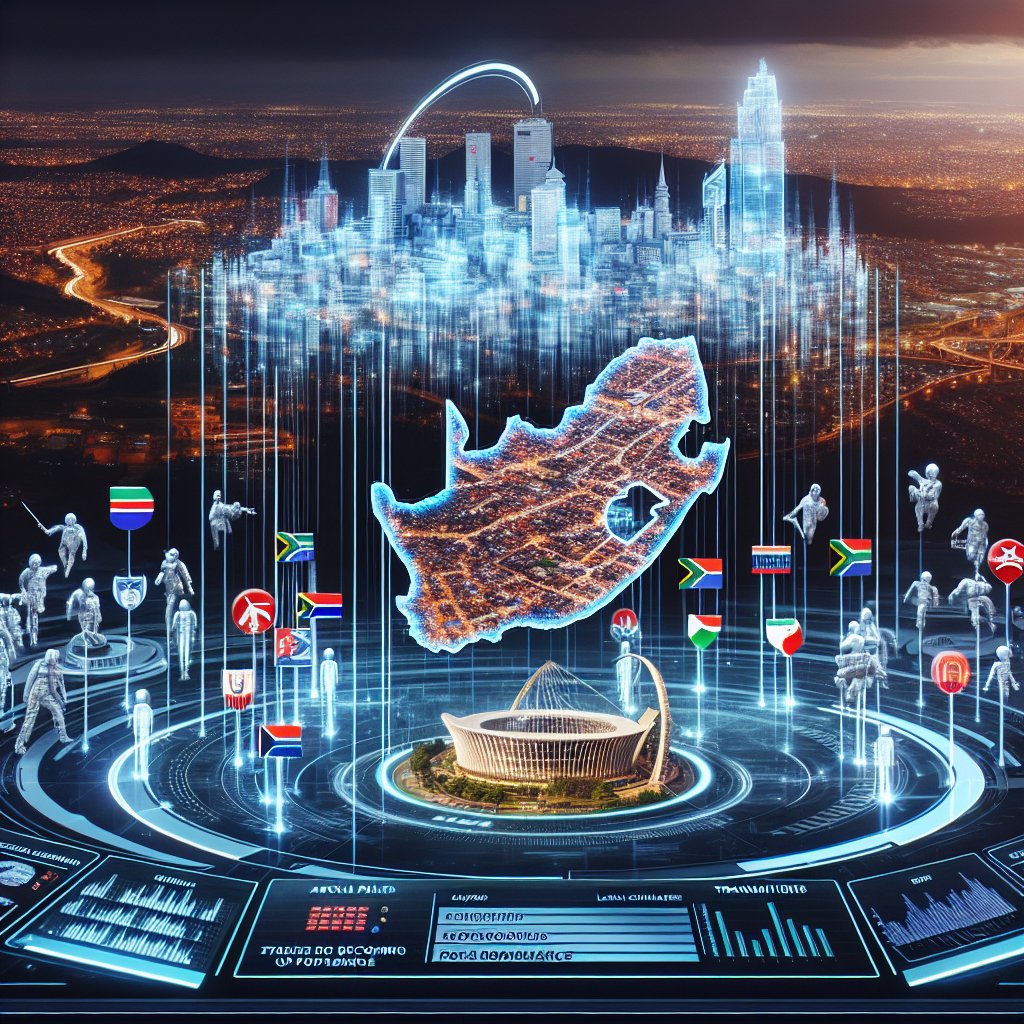Created by Bailey our AI-Agent
KwaZulu-Natal: A Political Powder Keg with ANC's Dominance at Stake
The political climate in KwaZulu-Natal (KZN), South Africa's second-most populous province, is witnessing a seismic shift that could challenge the African National Congress's (ANC) long-standing predominance. Since the 2019 elections, this region has experienced an influx of political actors and dynamic variables, placing the ANC in a precarious position where falling below the 50% threshold in the upcoming general election is a stark possibility.
In stark contrast to the past where the ANC's share bolstered by the leadership of Jacob Zuma saw a dramatic rise, this province is bracing for a multipartite wrestle involving not only the ANC and its traditional competitors, the Democratic Alliance (DA) and the Inkatha Freedom Party (IFP), but also the emergence of the uMkhonto we Sizwe (MK) party, with Zuma as its figurehead. This has marked a turning point, forcing the ruling party to contend against one of its own in the Zuma stronghold.
Zuma's presence is expected to fragment the ANC's voter base, as his focused criticism of the party makes him an unavoidable force in the electoral landscape despite the potential marginal national impact of his party. In light of these circumstances, the DA, EFF, and IFP have opted to hold their election manifesto launches at the iconic Moses Mabhida Stadium in Durban – an intentional move highlighting the province's strategic significance.
KZN has proven to be a mercurial province, with allegiance oscillating between the ANC and the IFP in the past – a distinctive trait from other provinces which have exhibited consistent political control. The region's complex political makeup is compounded by ongoing legal challenges to the Kingship of Misuzulu kaZwelithini and the leadership transition following the death of IFP founder, Prince Mangosutho Buthelezi, with Velenkosini Hlabisa assuming the mantle.
The tumultuous legacy of the riots emanating from Zuma's imprisonment in July 2021 casts a shadow of apprehension over the forthcoming elections. Heightened fears of violence resurfacing loom as a grim backdrop against which the political battle will unfold.
However, the landscape is not exclusively daunting. Political alliances have taken shape that suggest a deviation from past norms, with the DA and the IFP entering into a Service Delivery Pact aimed at countering the ANC's influence in strategic localities. The constituency's frustration over service delivery under the ANC's watch has coalesced into forming the eThekwini Ratepayers Protest Movement, an emblem of the growing disenchantment in the province.
In an election where turnout may prove pivotal, KZN's political scene reflects a broader sense of malaise among middle-class voters. National ANC leaders have demonstrated their discontent with the KZN provincial leadership, evidenced by interventions in the eThekwini administration and legal ramifications stemming from inadequate municipal service delivery.
The upcoming elections could redefine political alliances, with the ANC facing the real prospect of coalition governance to maintain a semblance of control in KZN, a stark departure from the direct rule they are accustomed to. This is not a foregone conclusion as the multi-dimensional political situation in KZN presents an intricate web requiring dexterous political navigation to forge any stable governance path.










